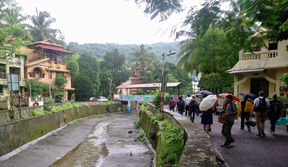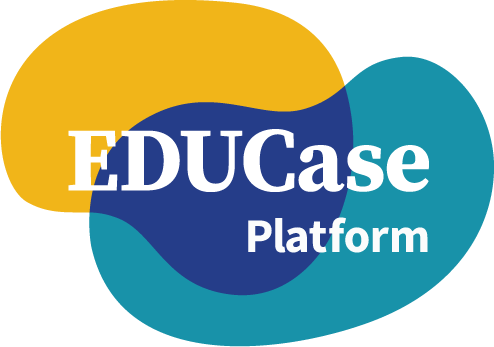Contextualising PBL methods to the South Asian context in Mumbai

The mixed university teams included both faculty and advanced students, and engaged local industry and community representatives. The training provided unique insights into comparative analyses on the relevance and applicability of different educational methods applied by the European and South Asian universities to the study of sustainable development challenges.
Altogether 7 teacher-student teams worked for 6 different case beneficiaries representing industry, associations, and communities in the Mumbai area. The teams were facilitated by Aalto University, Delft University of Technology, Kaunas Technical University, Indian Institute of Technology Bombay, and Indian Institute of Science Bangalore.
The workshop provided extensive practical training and comparative analysis in the application of PBL methods for sustainable development in the South Asian context. It consisted of two weeks of intensive group work in self-organising teams focused on a real case setting with societal partners, as well as team mentoring practice, fieldwork activities, sustainability and impact analyses, design thinking methods, communication, and dissemination activities.
Affordable housing and slum rehabilitation I (2019)
Case owner: Larsen and Toubro Realty Limited
Problem: Rehabilitated slum residents have adaptation issues in the new vertical living environment.
Affordable housing and slum rehabilitation II (2019)
Case owner: Larsen and Toubro Realty Limited
Problem: Raani, 35, wants a clean and hygienic surrounding with more opportunities for social interaction and wishes to have affordable electricity.
Construction and demolition waste management (2019)
Case owner: Department of Civil Engineering, Indian Institute of Technology Bombay (IITB), Mumbai
Problem: In India, dumping of construction and demolition waste has been a huge problem for the government to manage and settle. There is only one recycling plant for construction and demolition waste, namely, “Godrej Construction”, in all over India which has been constructing compact bricks out of the concrete of construction and demolition waste.
Modular housing scheme for a public housing provider in a low-income locality, Maharashtra
Case owner: A public housing provider, Mumbai
Problem: How to provide affordable, safe, and spacious housing for low-income labour/workers through modular solutions?
Accessible Healthcare
Case owner: Medical Device Lab, Indian Institute of Science (IISc), Bangalore
Problem: Parents of hearing-impaired children need to consistently deliver goal-oriented speech therapy at home, otherwise the child’s progress in learning to understand language and speak will be hampered.
Redevelopment of Artist village Belapur
Case owner: Belapur Community, Mumbai
Problem: As Belapur densifies, how can we incorporate the lessons from Artist village to build a more inclusive wider community while ensuring income generation activities?
Liveability in slums
Case owner: Center for Urban Science and Engineering, IIT Bombay
Problem: Slums proliferate in Mumbai due to the lack of affordable housing in the formal market, as a result of faulty land development policies. Current procedures of demolishing slums and providing (either temporary or permanent) free housing to their dwellers, are resulting in high-rise rehabilitation buildings becoming “vertical slums”.
